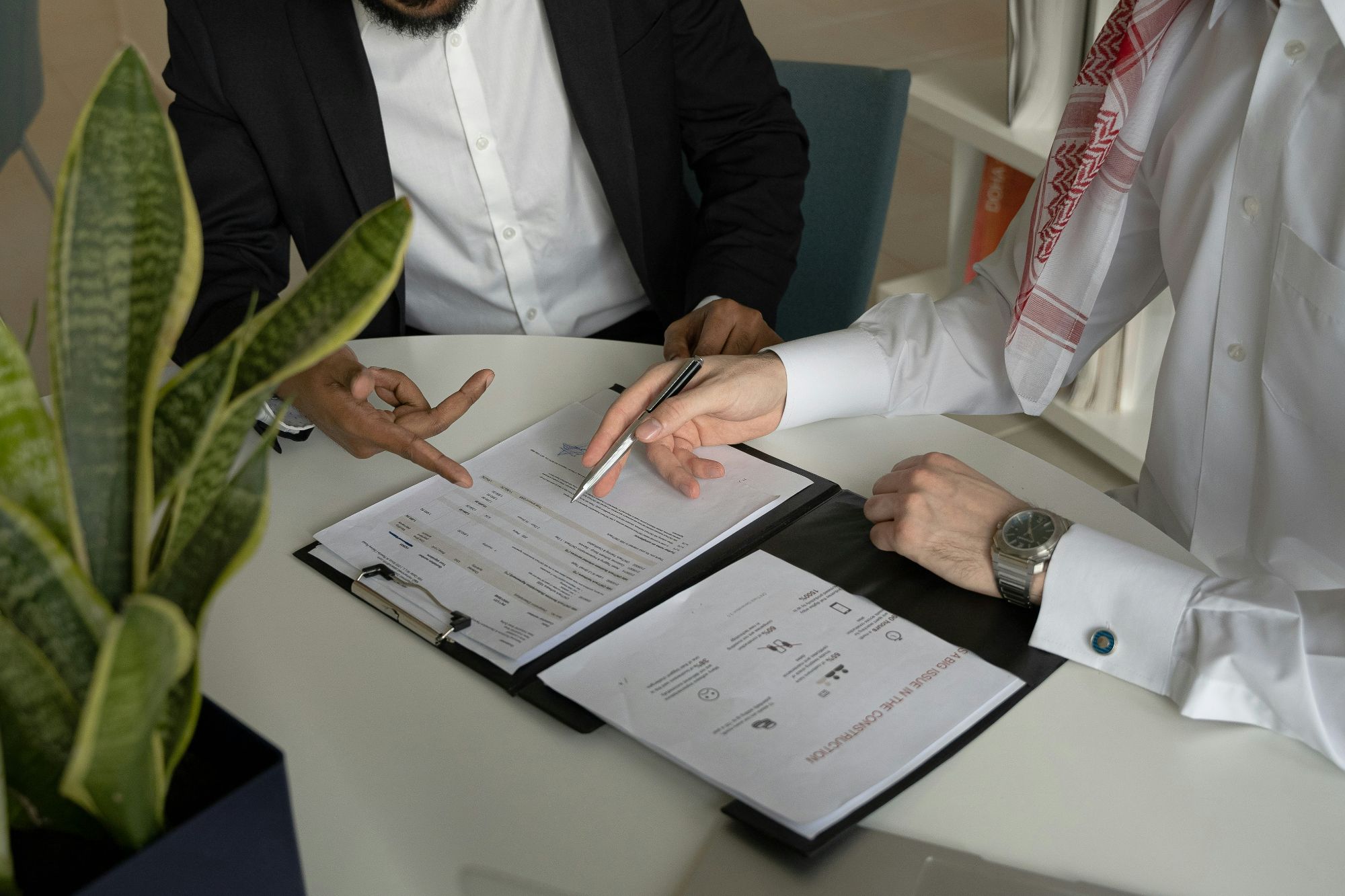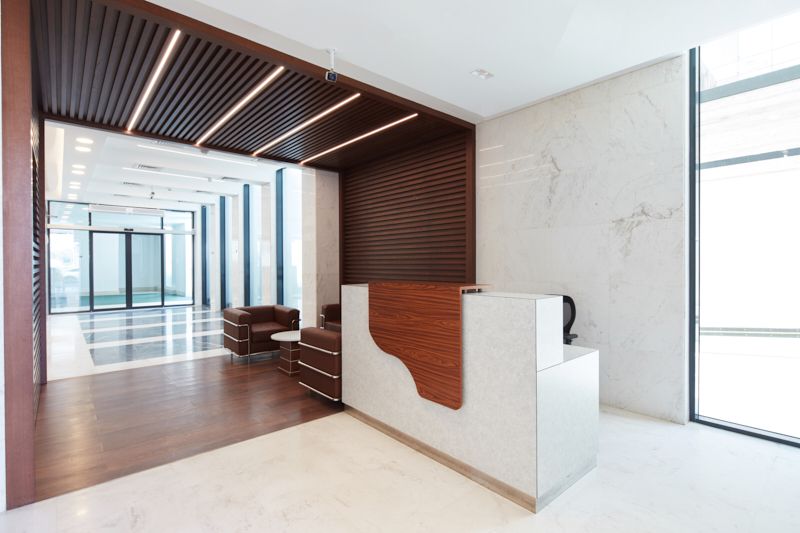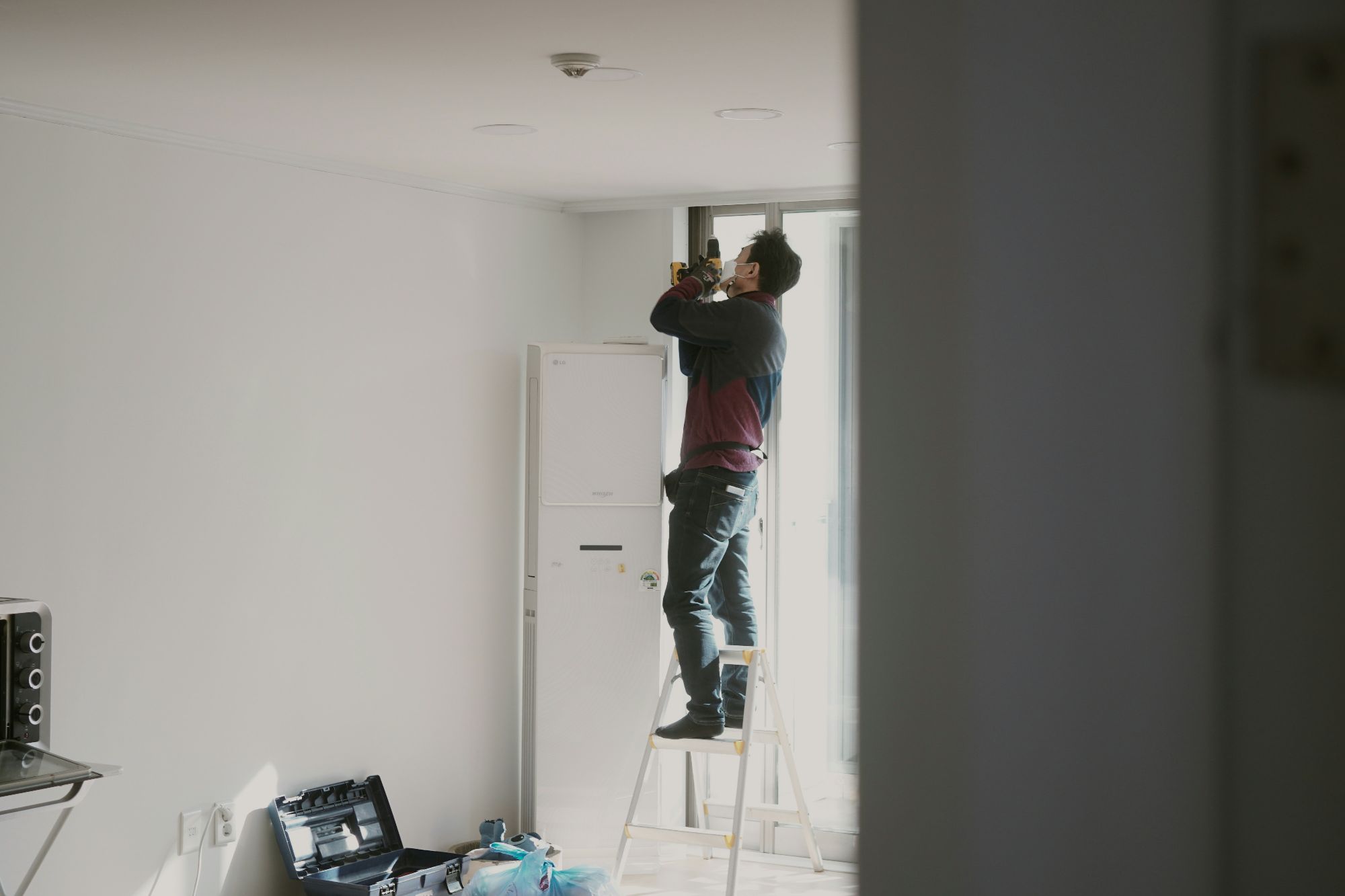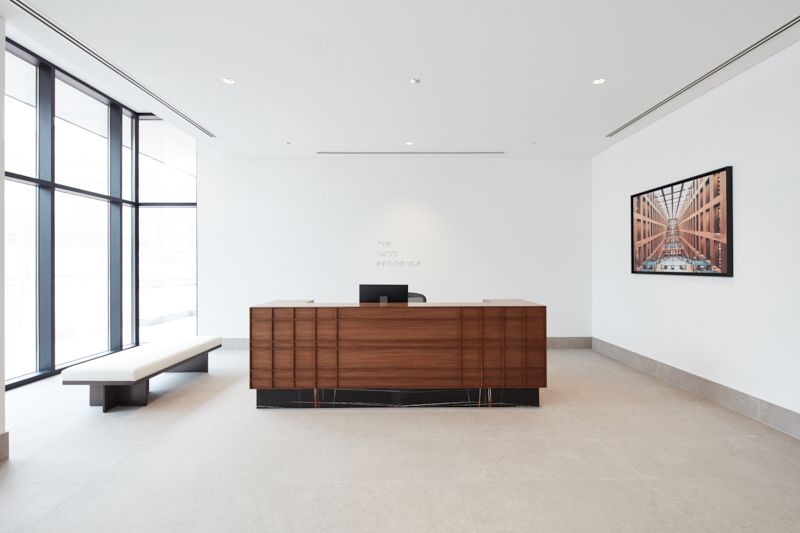Playful Spaces: How to Create the Perfect Space for Your Child’s Bedroom
Your guide to create the perfect playroom for your kids
Renting a home in Dubai is an exciting step, whether you’re new to the city or relocating within it. But before you settle in and make yourself at home, it’s important to understand the fine print of your lease agreement. Your rental contract is a legally binding document that outlines your rights and responsibilities as a tenant, as well as those of your landlord.
At Seddiqi Properties, we want our tenants to feel informed and supported. That’s why we’ve created this practical guide to help you navigate the key clauses found in most residential lease agreements in Dubai.

Lease Duration and Key Dates
One of the most fundamental details in your lease is the duration of the contract. Typically, residential leases in Dubai are valid for 12 months, with both the start and end dates clearly stated. It’s important to ensure these dates match what was agreed upon during the offer stage. Any discrepancy could affect your renewal rights or expose you to early termination penalties.
Rental Amount and Payment Terms
In a market where rental rates can fluctuate, it's essential to double-check that the rent stated in your contract is the same as what you agreed on during negotiations. Your lease should also outline how the rent will be paid. Most commonly through post-dated cheques issued quarterly or in a single annual payment. It’s also wise to check for any clauses regarding late payment fees or bounced cheques, which can carry both financial and legal consequences.
Security Deposit and Refund Conditions
A refundable security deposit is standard practice in Dubai. This amount is intended to cover any damages beyond normal wear and tear when you vacate the unit. The lease should clearly state the conditions under which deductions can be made, as well as the timeline for a refund.

Utilities, Service Charges, and Additional Costs
Understanding what’s included in your rent and what’s not is crucial. Your lease should clearly state whether you, the tenant, are responsible for paying for utilities such as DEWA (Dubai Electricity and Water Authority), cooling or chiller charges (which are often billed separately), and any building service charges. In some premium developments, certain utilities might be included, but in most cases, tenants are expected to register and pay their own DEWA and telecom accounts. Clarifying these costs in advance helps you budget more effectively.
Renewal Terms and Notice Period
Tenants who wish to continue living in their rental property should be aware of the notice period required to renew the lease. According to Dubai’s rental laws, landlords and tenants must provide at least 90 days' written notice of any changes to the contract, including rent adjustments. It’s good practice to set a reminder to review your lease well ahead of the expiry date so you have time to assess your options.
Termination Clauses and Notice for Normal Exit
If you’re planning to vacate the property at the end of your lease, most contracts require you to provide formal notice. The termination clause will specify exactly how and when this notice should be given, often in writing via registered email or a notice letter.

Early Termination Clauses
Life can be unpredictable. Whether it’s a job relocation, family situation, or personal change, sometimes tenants need to end their lease early. In such cases, the early termination clause is key. This clause outlines the penalties or procedures if the contract is broken before the agreed end date. Some leases include a fixed penalty fee or require the tenant to find a replacement occupant.
Penalties and Additional Fees
Beyond rent and deposits, your lease may contain clauses around penalties for contract breaches such as subletting without permission, unauthorized alterations, or failure to maintain the property. It’s also common for contracts to include fees for administrative services, Ejari registration (a legal requirement in Dubai), or cleaning costs upon exit. Make sure you understand these additional charges, so you’re not caught off guard.
Landlord’s Access and Tenant Privacy
While landlords have the right to access the property for maintenance or inspection purposes, they must provide reasonable notice, as specified in the contract, and arrange visits at mutually convenient times. Your lease should outline these terms clearly, ensuring your right to privacy is respected. In emergency situations, landlords may enter without notice, but these are rare and must be justified.

Our team at Seddiqi Properties is here to ensure transparency and support throughout your tenancy. If you're ever unsure about a clause or need help interpreting your agreement, don’t hesitate to reach out. We’re just a call or email away.
For better web experience, please use the website in portrait mode